
Did you know that reading more books ranks as the seventh most popular New Year’s resolution that people make? That’s one goal that we can get behind! Whether you have committed to reading more in 2019 and are looking for books to add to your to-read list–or if you simply want to gain a better understanding of the issues that impact women and girls in our communities –we’ve compiled a list of highly recommended books that we suggest you pick up this year. (Looking for more recommendations? Check out our other reading list we put together in 2017.)
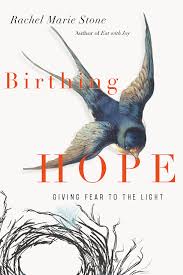 Birthing Hope: Giving Fear to the Light by Rachel Marie Stone
Birthing Hope: Giving Fear to the Light by Rachel Marie Stone
This award-winning memoir about birth, death, and the spaces in between will send tingles down your spine. Stone’s artfully-crafted reflections on faith and our reproductive decisions call us all to deeper, more intentional conversations about life’s greatest complexities. Weaving together lessons and errors from ancient texts, modern learning, and personal stories, this book includes discussions of contraception, abortion, disability, and AIDS.
Eloquent Rage: A Black Feminist Discovers Her Superpower by Brittany Cooper 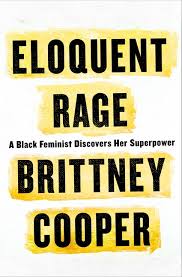
Both raw and personal, Cooper’s collection of essays about life as a Black woman in America is required reading for everyone. She explores topics like growing up as a Black girl in the South, the power of friendship, and Black feminism. Cooper also dives into her encounters with the church and how they have shaped her sense of self–for better and at times, for worse.
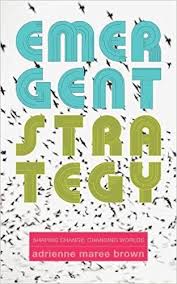 Emergent Strategy: Shaping Change, Changing Worlds by adrienne maree brown
Emergent Strategy: Shaping Change, Changing Worlds by adrienne maree brown
Fans of Octavia Butler’s Afrofuturism will devour Brown’s book–a hybrid of tactics, self-reflection prompts, personal stories, and group exercises aimed at doing the work of changing the world in a truly collaborative fashion. Advocates and activists, this would be an excellent book for your organization to discuss as a group and to consider how you might integrate some of her strategies and tactics into your work.
Pure: Inside the Evangelical Movement That Shamed a Generation of Young Women and How I Broke Free by Linda Kay Klein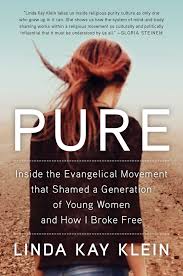
An unapologetic critique of the “purity industry,” Pure dives into the damaging, long-lasting effects of purity culture on the lives and relationships of those who were immersed in it as young people. Klein argues that “purity” is not a product of the evangelical Christianity alone, but one that secular culture upholds alongside the church.
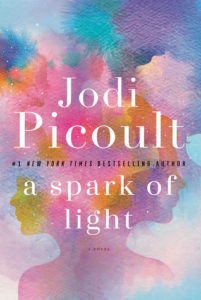 A Spark of Light by Jodi Picoult
A Spark of Light by Jodi Picoult
In her latest novel Picoult’s harrowing story of an anti-choice terrorist who enters Mississippi’s last remaining abortion clinic reads more like fact than fiction. Hour-by-hour, Picoult explores the thoughts, beliefs, and fears of those who oppose abortion, those who provide abortion care, and those who are desperate to terminate a pregnancy. One of the characters, Dr. Louie Ward who travels to the clinic to provide abortions, was inspired by our friend and colleague Dr. Willie Parker.
Is there a book you’d like for us to feature in a future Faith in Women book club discussion? Would you like our help in starting a book club of your own featuring one of these books? Please send us an email. We’d love to hear from you!
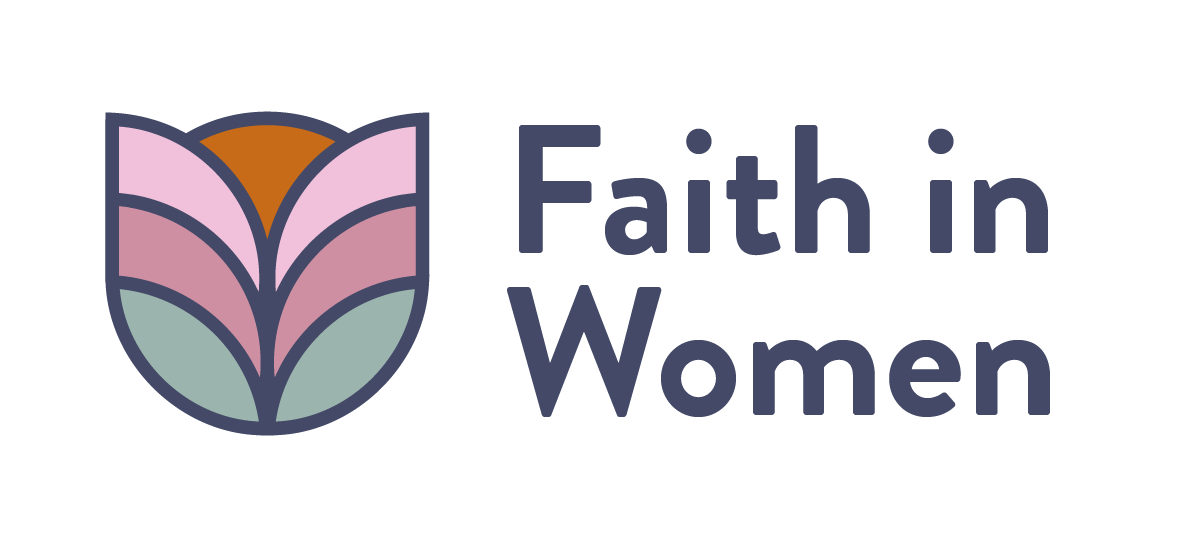

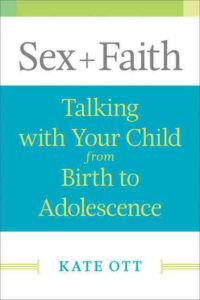 Sex + Faith: Talking with Your Child from Birth to Adolescence
Sex + Faith: Talking with Your Child from Birth to Adolescence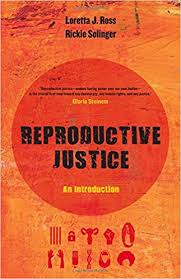
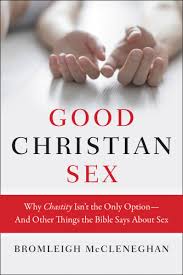 Good Christian Sex
Good Christian Sex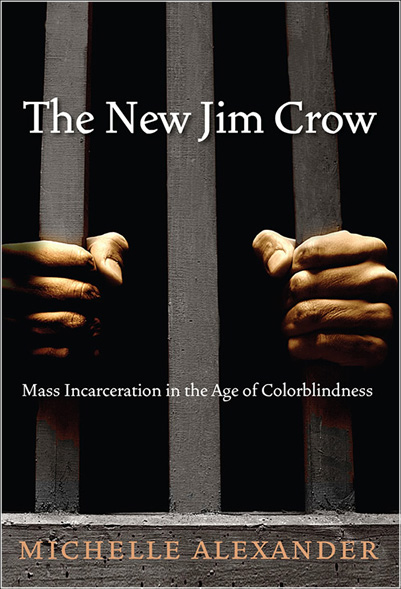
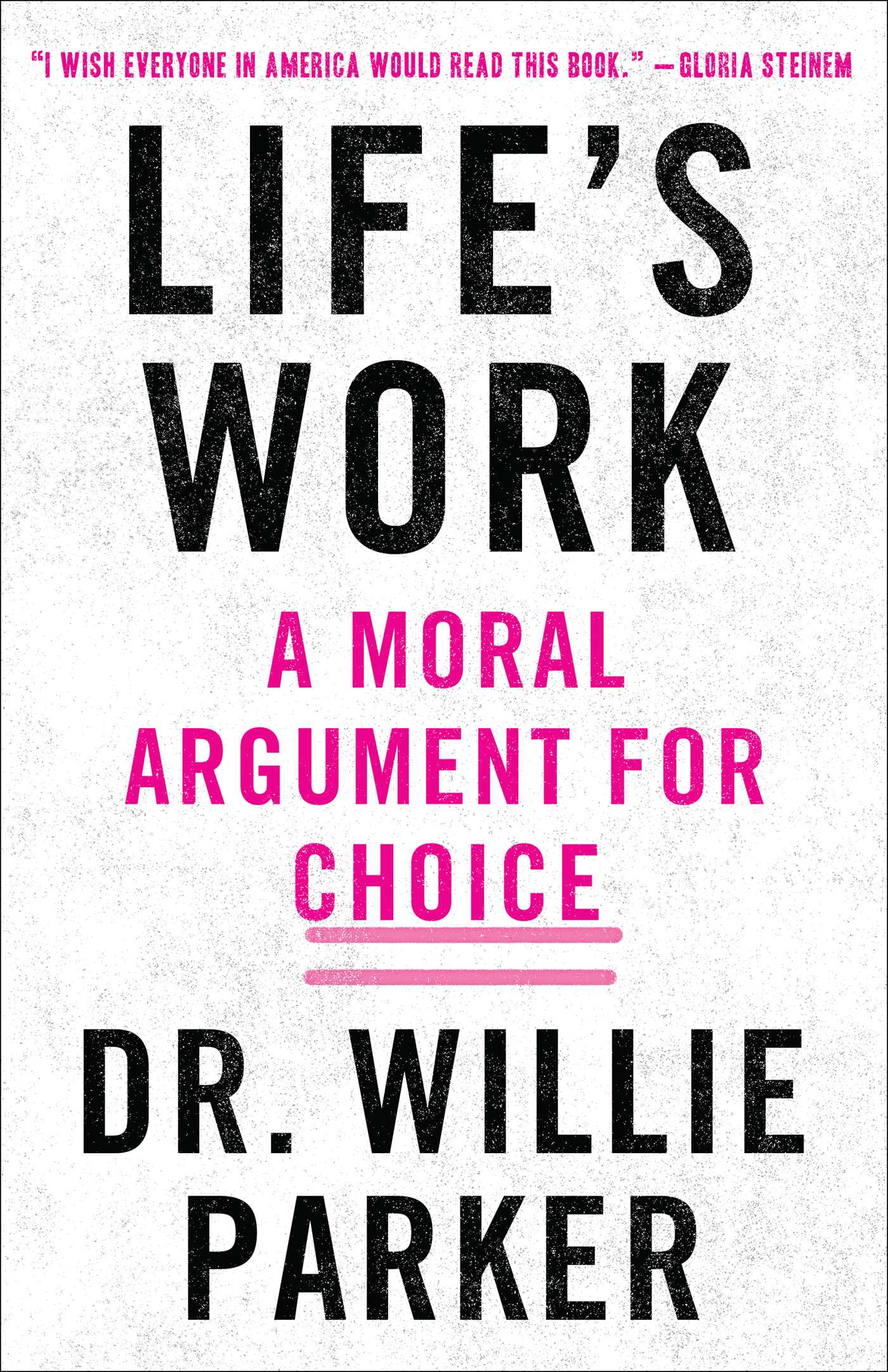 Life’s Work: A Moral Argument for Choice
Life’s Work: A Moral Argument for Choice